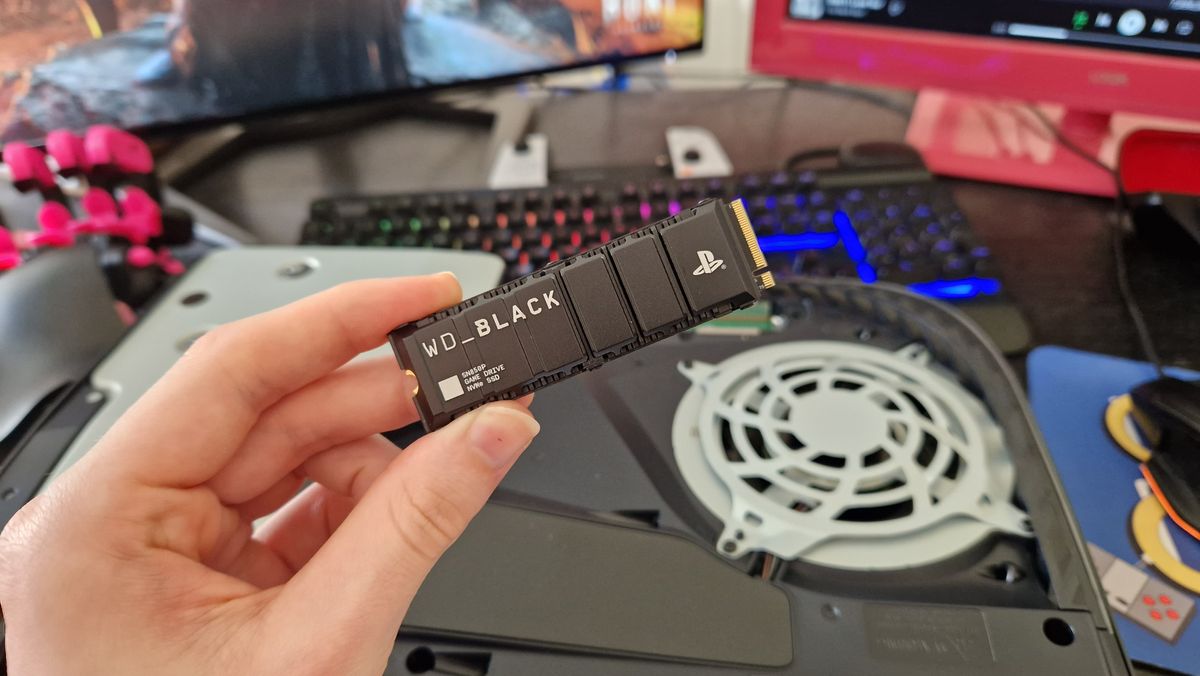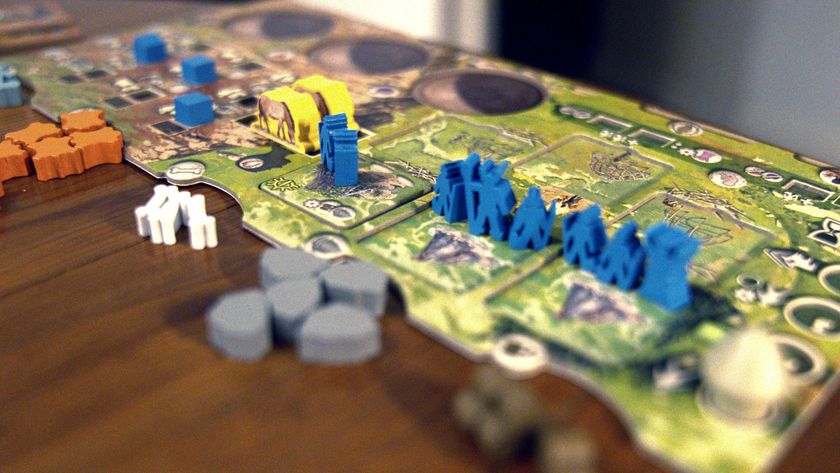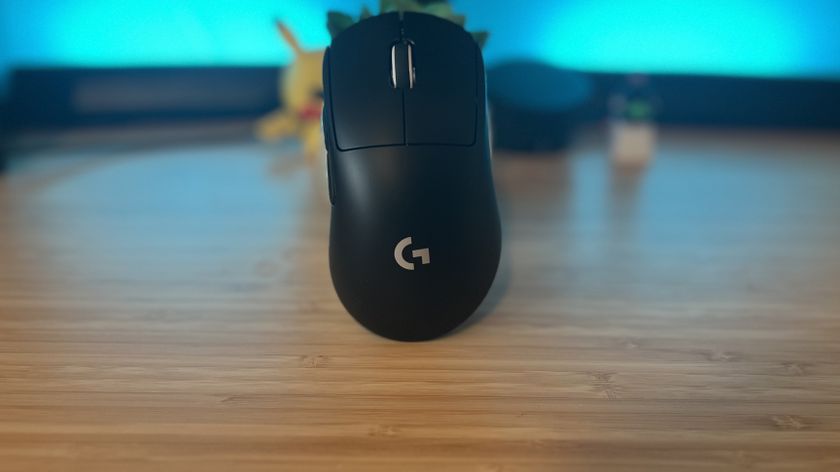12DOVE Verdict
The SN850P doesn't feel like a genuine predecessor to the SN850 and SN850X. In fact, it performs slightly worse and costs more money. It's still a wholly viable SSD that will give you decent load times when gaming, but it's a testament to how good WD's products are that I'm disappointed the SN850P isn't faster than what we've seen before.
Pros
- +
Decent speeds
- +
Available in 1, 2, and 4TB models
Cons
- -
Heatsink version only
- -
Doesn't achieve the speeds on the box
- -
So many other viable (and cheaper) options
- -
Gets hot under pressure
Why you can trust 12DOVE
The WD Black SN850P is a bit of an odd device to review. We've already done thorough testing of the SN850 and SN850X, its two predecessors, and we didn't add the more recent "X" to our best SSD for gaming buying guides until recently. We saw a marginal increase in performance from the SN850, and we didn't deem the difference in price immediately worth it. The original SN850 still performs very well for a Gen 4 SSD, and part of me thinks the only reason we've seen two sequels to it in as many years is that SSDs are still in a sustained price slump.
The SN850 and SN850X are both available with and without pre-attached heatsinks, meaning they're versatile as PS5 SSDs, and SSDs for PC gamers. The SN850P, at the time of writing, is not available without the heatsink, and while it can be used in a gaming PC, there are plenty of motherboards that make life harder for people when heatsinks come pre-attached.
Like I said in a feature a few months back - new Gen 5 SSDs hitting the shelves (as well as "new" iterations of Gen 4 drives) are the only thing allowing big storage brands to lift prices at the moment, and that's how I'd explain the emergence of the SN850P. Launching with official PlayStation licensing within the same week as the WD Black C50 expansion card, it's as though Western Digital is desperate to remind console gamers that it's still a PlayStation Stan, and it's using that as an excuse to scratch back some more profits.
I suppose what I'm trying to say with all this is that it's hard to find a singular reason to recommend the SN850P off the bat. For $99.99/£99.99 and $84.99/£107.99, you could get a heatsink model of the cheaper SN850 or SN850X. The SN850P will set you back $149.99/£123.99, however. Even setting the price to one side, it's harder to recommend the "P" as I couldn't get the advertised read speed on the box.
Design and Features
There's not a lot of change to report about the design of the SN850P. It packs a slightly bulkier heatsink than the WD Black SN850X but is otherwise virtually identical. Most notably, there's the officially licensed PlayStation logo which does look great next to WD's classic "Black" branding. Those ridged accents that are seen on all of the company's gaming-related storage devices are back here too, looking as badass as ever.
The rest is as you'd expect, this is a standard format M.2 drive that will work via a PCIe gen 4 interface and can work with one of the best gaming PCs or a PS5. Annoyingly, that heatsink might get in the way of a few motherboards' bespoke heatsinks, especially since it's a bit taller.
The SN850P weighs approximately 30 grams and has dimensions of 80mm x 24.46mm x 9.89mm (L x W x H). In the console's SSD tray, that leaves plenty of space - and keep a hold of your tray lid as this can fit on top when the drive is installed. The quoted operating temperatures are 0-85°C, and while I wasn't able to measure these this time around, it wouldn't surprise me if the SN850P functions in the upper level of that range.
Lastly, the SN850P is available in 1TB, 2TB, and 4TB models. I'm testing the 1TB variant for this review.
Performance
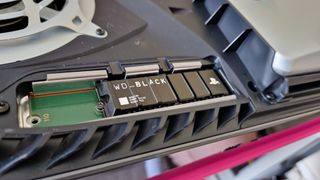
In all honesty, the performance of the WD Black SN850P is a bit disappointing. Although the advertised sequential read and write speeds claim to be 7300MB/s and 6,300MB/s respectively, the drive couldn't reach those read speeds in PS5 or our testing PC. Those advertised speeds are a bit puzzling anyway - they're quite literally the exact same as the SN850X, which was able to achieve those speeds when we tested it.
The PS5 benchmarked the SN850P's read speed as only 6,293MB/s, which would not leave me best pleased if I had just forked out more money for the pricier drive. In our testing PC, speeds were a tad better, with CrystalDiskMark giving it an average of 6,947MB/s across three separate benchmarking tests.
This is why I began this review by saying it's an odd device. These read speeds aren't bad by any stretch of the imagination, and they're up there with rival drives in the PS5 market for sure. But WD Black's SN850 line is one of the top dogs in the SSD arena, rivaling Samsung's 980 and 990 Pro, and Seagate's Firecuda 530 for the title of top Gen 4 drive. WD releasing a new model under the SN850 umbrella which is slower than previous iterations feels a little disappointing, and even more puzzling.
For sequential write speeds, CrystalDiskMark gave an average of 6,384MB/s. Thankfully, these meet (and exceed) the advertised speeds, it's just a shame the reads aren't as snappy. One thing that disappointed us about the SN850X was that 4K random access numbers weren't what we wanted them to be. Thankfully with the SN850P, random 4K numbers exceed the advertised speeds, so that's one redemption at least.
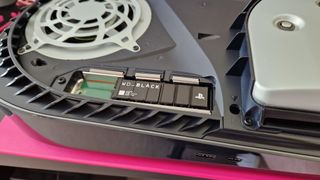
But how does this translate to real use cases in gaming? Well, on PS5, the SN850P transferred 50GB of game data from the console to the drive in 30 seconds - which was most impressive. The PS5's write speeds aren't the best, and transferring the same data back took a slower 4 minutes. In larger quantities, results were mainly the same. 150GB transferred from console to drive in 1 minute and 30 seconds and copied back in 12 minutes.
Load times were just as solid. GTA V Online loaded into a game in an average of 48 seconds across five separate attempts. While matchmaking likely made up a small chunk of this time, that isn't bad for such a slow game. HUNT: Showdown's Stillwater Bayou map loaded in an average of 42 seconds across five attempts. This isn't quite as quick as the Verbatim Vi7000G which I'm also testing at the moment, but was still on par, if not a little faster than the console's SSD. Outer Wilds, which loads fast at the worst of times, spawned me into its solar system in an average of 6 seconds flat, which is lightning fast, but again, not quite as fast as the 5.73-second average of the Verbatim which we'll publish our verdict on soon.
Annoyingly, I wasn't able to track temperatures for this review, but any time I handled the drive immediately after use, it was at a worryingly hot temperature - more so compared to other drives I've used.
Should you buy the WD Black SN850P?
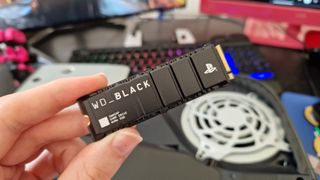
I wouldn't say that you shouldn't buy the WD Black SN850P. This is a great internal SSD that will give you plenty of room for extra games on PS5. It'll give you consistently strong load times that are on par with the rest of the Gen 4 class, and you don't need to buy or mess around with a heatsink for PS5 installation. I'm sure that official PlayStation licensing will attract plenty of people, but don't let that fool you; there are plenty of non-official third-party SSDs that are cheaper and do a better job than this.
I know Western Digital would likely thank you for buying its most recent model since it's more expensive and arguably less valuable than an SN850 or SN850X. It is disappointing though, that the SN850P is unable to reach their read speeds. If this was any other market, I might even have some anger at the manufacturer for making a more expensive drive that's arguably a worse product. Such a move is fairly anti-consumer and pro-profit. As it stands, sustained low prices across the board for SSDs mean such a move isn't likely to last very long.
I don't not recommend the SN850P. When the price comes down - which it inevitably will - it'll be almost as viable as its two predecessors. Until then, there are plenty of cheaper drives out there that will give you essentially the same performance, or better, for cheaper. I'll let you choose your pick.
How we tested the WD Black SN850P
I tested the WD Black SN850P by chucking it in my PS5 for a few days to see how it handled my favourite games. I used the PS5's own formatting process benchmark to gauge its read speed, but mainly tested in the PS5 to get a feel for its practical gaming chops. To test this out, I moved game files from console to drive, and back again and took not of the transfer times. I then did repetitive (and not very fun) loads of three games to take an average of speeds.
I then installed the SN850P in our testing PC and used CrystalDiskMark to take more in-depth speed benchmarks.
To read more about the ways we test the latest gadgets and gizmos, have a look at our hardware policy.
Why not upgrade the rest of your PS5 loadout while you're at it? Check out the best PS5 controllers, the best TV for PS5, and the best PS5 headsets.
One of my earliest memories is playing SuperMario64 and wondering why the controller I held had three grips, but I only had two hands. Ever since I've been in love with video games and their technology. After graduating from Edinburgh Napier University with a degree in Journalism, I contributed to the Scottish Games Network and completed an Editorial Internship at Expert Reviews. Over the last decade, I’ve been managing my own YouTube channel about my love of games too. These days, I'm one of the resident hardware nerds at 12DOVE, and I take the lead on our coverage of gaming PCs, VR, controllers, gaming chairs, and content creation gear. Now, I better stop myself here before I get talking about my favourite games like HUNT: Showdown, Dishonored, and Towerfall Ascension. Location: UK Remote
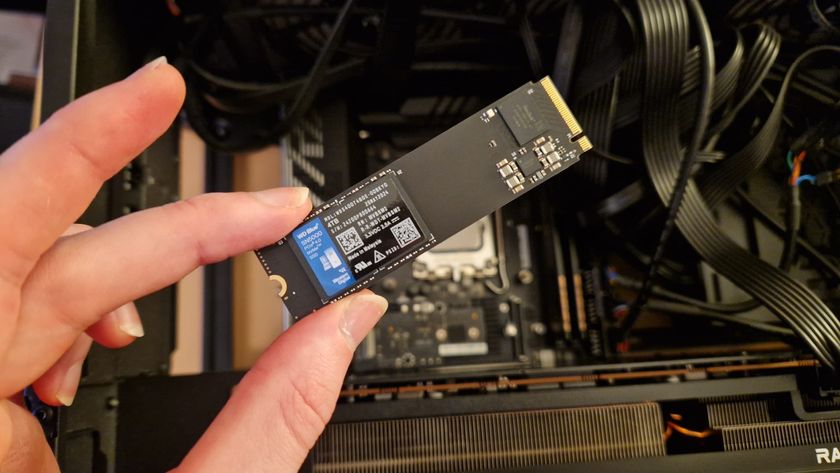
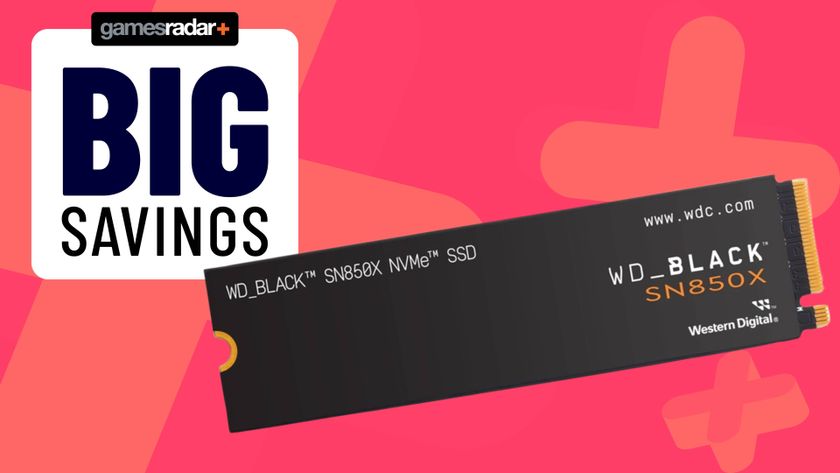
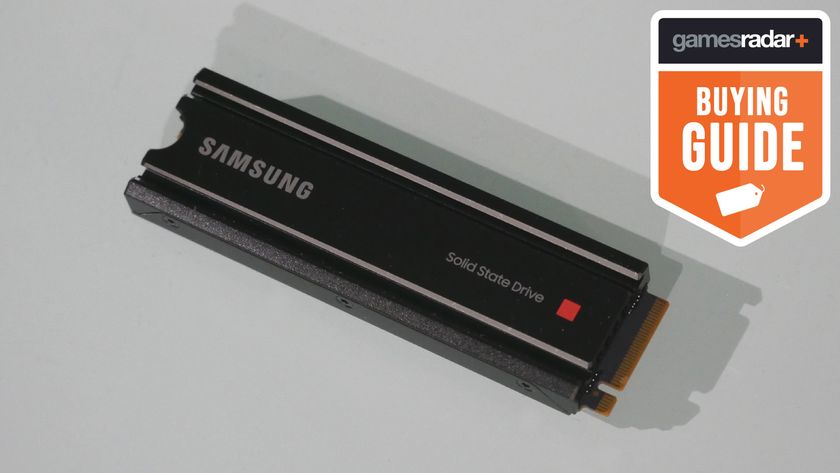
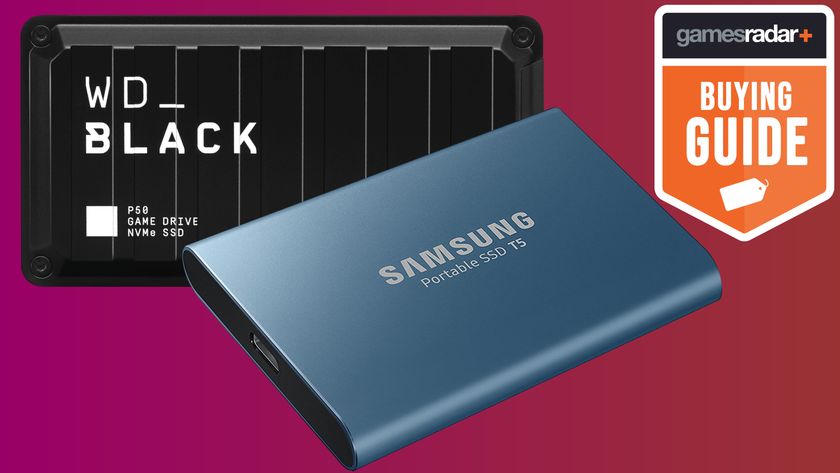
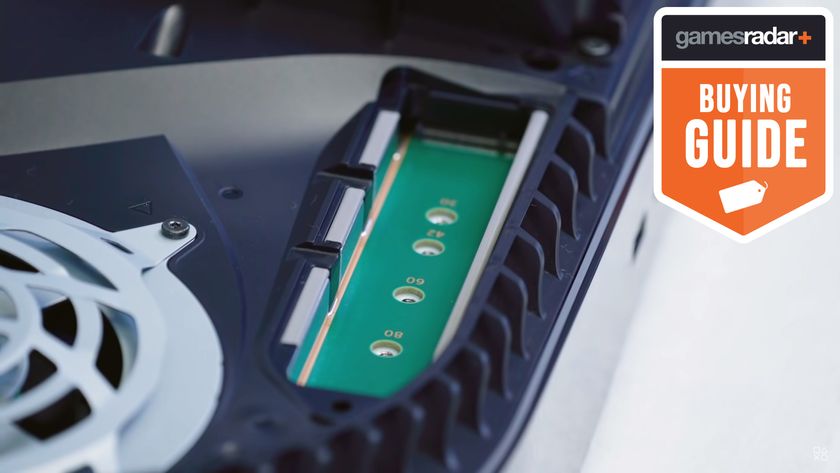
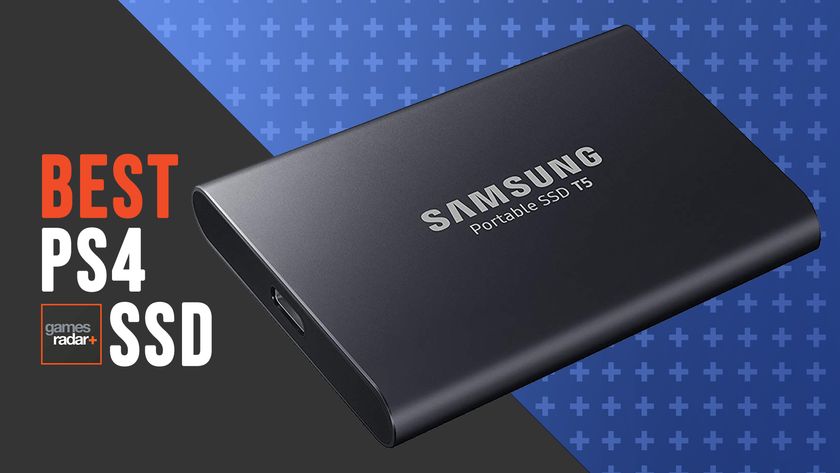


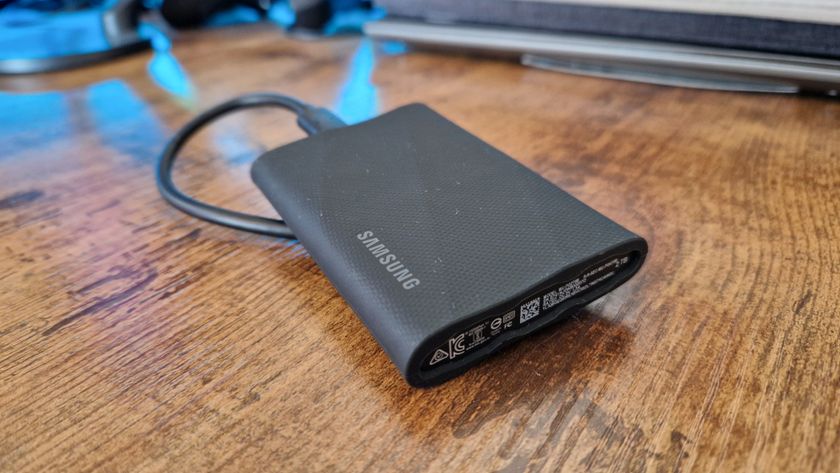
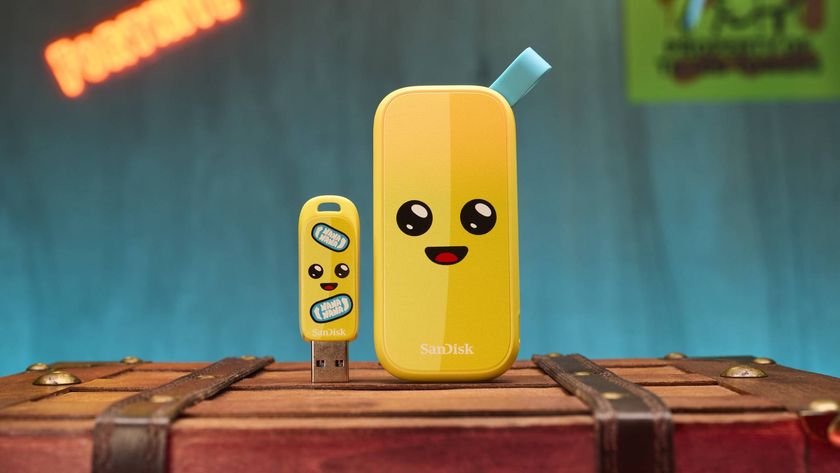
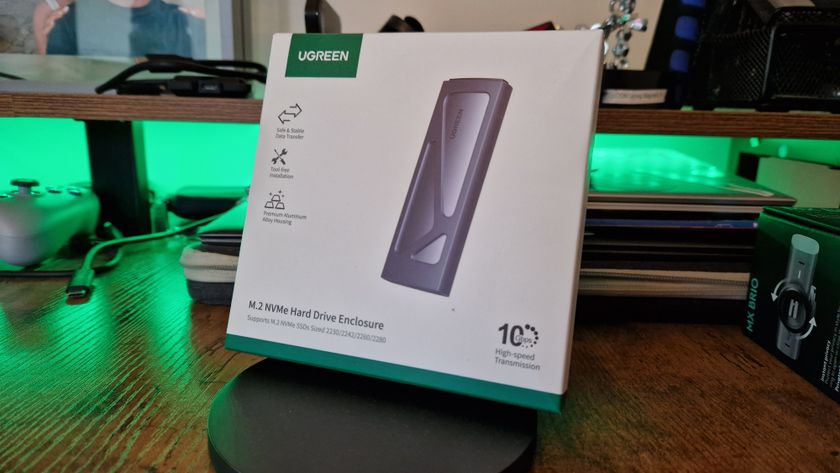
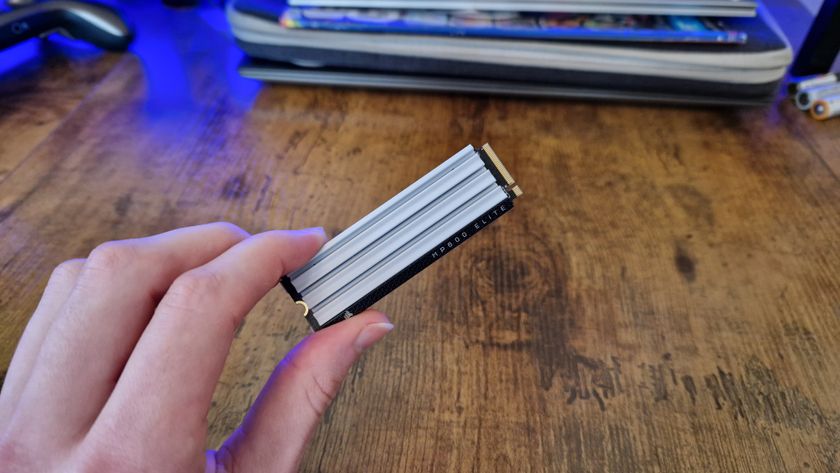
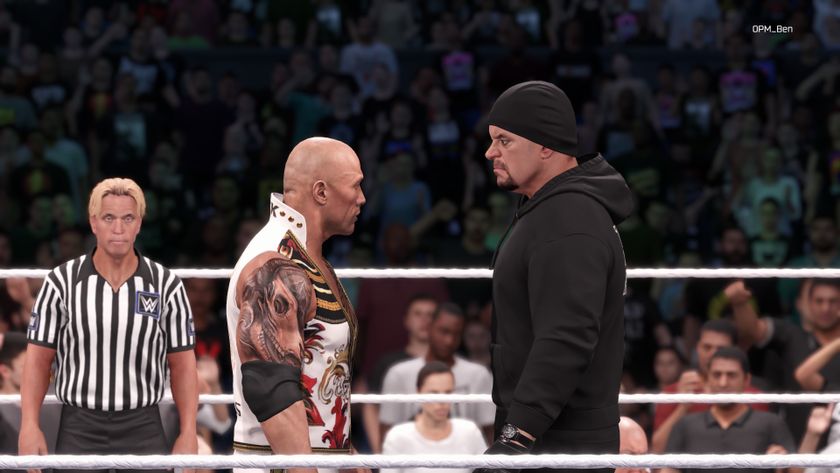
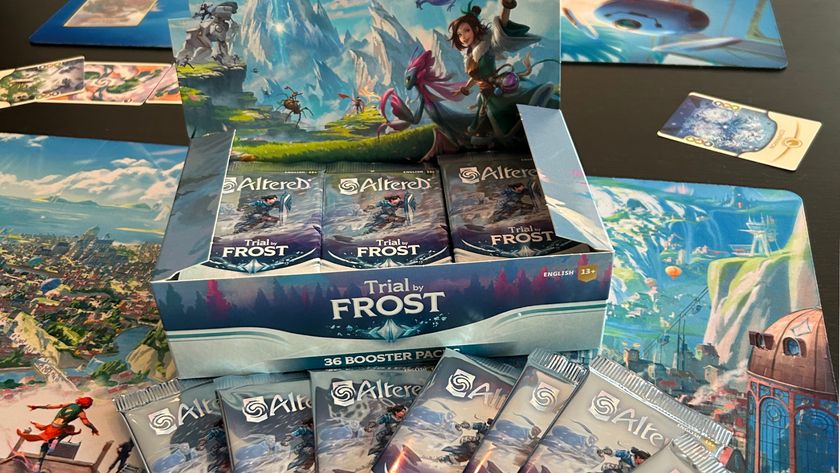

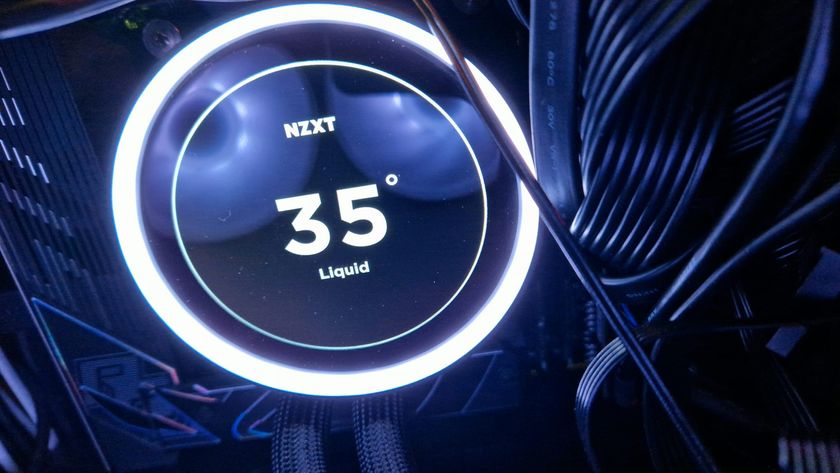
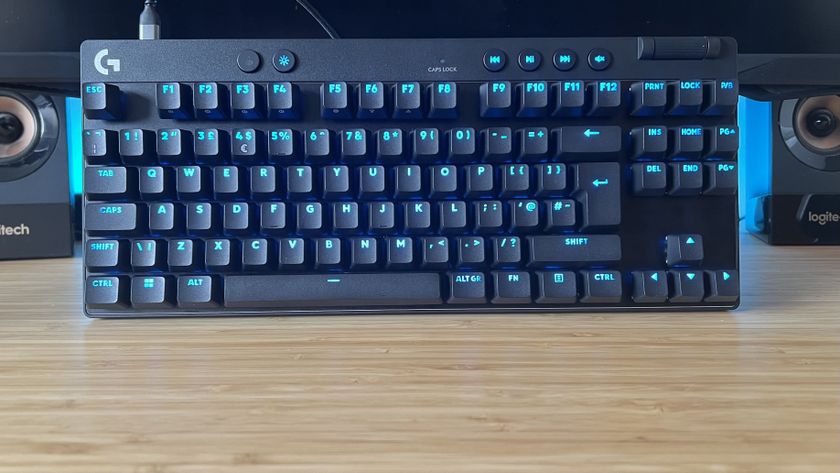


JRPG producer says people prefer their anime girls to have thick thighs when the economy's in the tank, and he's not even joking a little bit

Andor season 2 showrunner talks the much-anticipated Star Wars moment that we haven't seen on screen before: "It's a very significant part of our show"

It took Skyrim players nearly 15 years to discover ingenious loot hack that completely changes the game and, uh, requires you to desecrate a couple corpses
